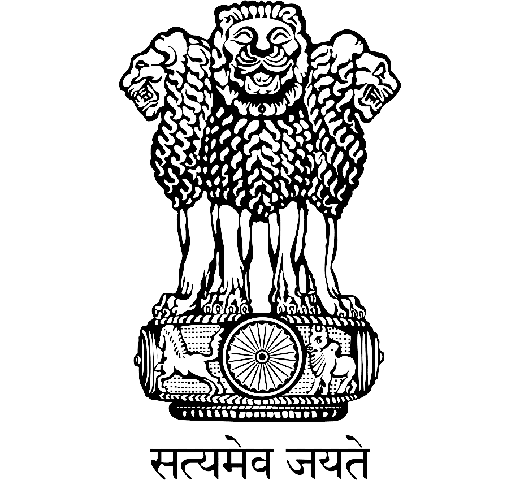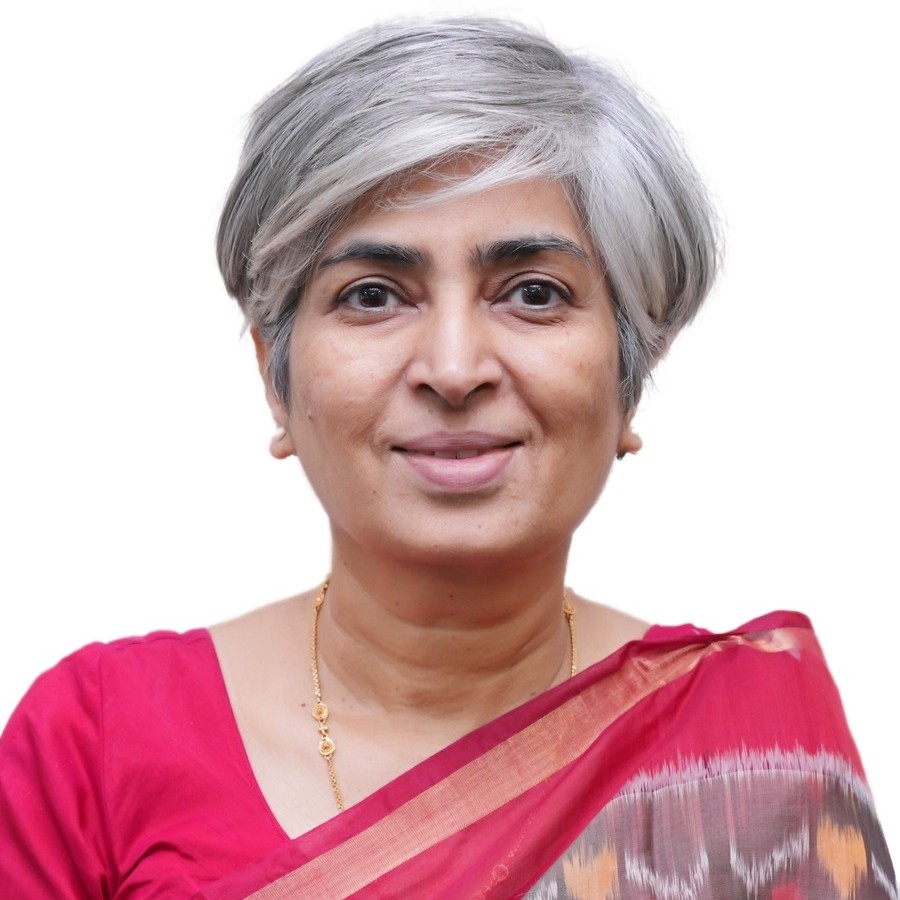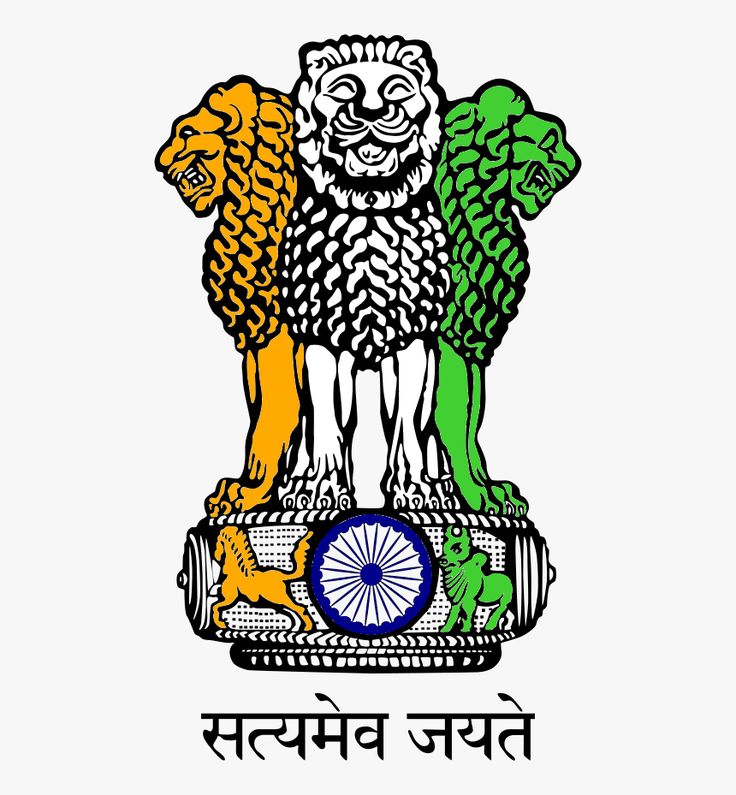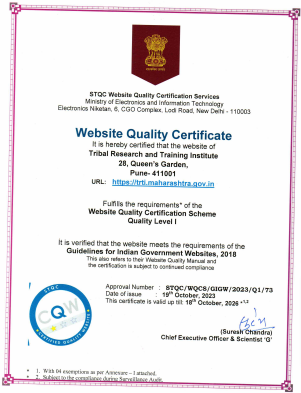TRIBAL CULTURAL MUSEUM
The State of Maharashtra ranks second in India, as regards the size of tribal population. Maharashtra,s tribal population is 85.77 lakhs .Out of the 45 tribes in Maharashtra , it is observed that tribes such as Warlis, Bhils, Pawaras, Kokanas, Thakars, Gonds, Madias, Korkus & Mavchis have developed multiple art & craft forms.
The Tribal Cultural Museum was established in the campus of Tribal Research & Training Institute, Pune in 1965. Since then continuous efforts have been made to collect exhibits & update the museum depicting tribal life & culture of Maharashtra State. There are about 1359 articles displayed here.
The museum contains five principle sections. These are as follows.
1) Tribes at a glance (Lt. Dr.Govind Gare Art Gallery)
The visitors are exposed to the introduction section first as soon as they enter the museum. The section displays photographs of eighteen major tribes of Maharashtra. These tribes are classified according to four geographical regions, namely 1). Kokan 2). Marathwada 3). Gondwana 4). Satpuda. The striking feature of tribes at a glance section is that in every showcase the most important material cultural artifact of every tribe is displayed in the showcase along with the photographs. The section also provides a platform for screening various documentaries produced by TRTI, Pune for the visitors.
2) Tribal Material Culture
This section displays various musical instruments, household gadgets, hunting implements, Agricultural tools & samples of contemporary art of tribal Maharashtra.
3) Tribal Art & Craft
This section depicts paintings of one of the famous tribes of Maharashtra called Waralis. Paintings with various themes of their cultural lifestyle are depicted. Similarly Bohada masks of tribals from Thane & Nashik districts are showcased herein. Lastly tribal basketry and Bamboo craft of various tribes are displayed.
4) Ornament, Tribal deities
Tribal jewelry of the Madia, Bhil, Pawara, Korku, Warlis, Kokna ect. are displayed in this section. Besides this wooden combs, tobacco containers & metal craft having ornamental & ritual value are kept in this section.
5) Hut Section
Before the visitors enter the ornament section they are exposed to traditional hut models of three tribes namely Madia, Kola, Korku & Warli.
6) Glimpses of Tribal Craft
Although the museum displays domestic utensils, Ornaments, Musical instruments, Gods, House patterns, Agricultural implements, Basketry, Bamboo craft, Wood carvings, Masks, Warli paintings, given below are glimpses of few artifacts.
A) Wooden craft
Tribes that inhabit in thick forest have contributed in creating and preserving Gods & Goddesses in wood, Marriage pillars, ancestral memorials, tobacco containers, combs, agricultural implements, household gadgets etc. The museum displays all these in various galleries. Given below are few examples.
- Usicians –Wooden Musicians by Gond Artisans.
- MusaMda – A wooden mask.
- Chandradev – A wooden mask used during Bohada dance.
- Khanderao – A wooden mask of the Bohada dance.
- Hichadi – Combs made by Madia males for their girl friends.
- Tobacco containers / pogagota – Made by Madia & Gonds.
- Marriage pillars /Munda – A one – piece decorative wooden pillar carved by a Madia bridegroom after he is engaged
B) Metal craft
Dokra art or the lost wax technique of making metal craft is an age old technique known to mankind. Some of the major tribes of India such as the Madias, Agaria and the Gonds have preserved this art as it is associated with their cultural life. Given below are photographs of some of the metal artifacts.
- Bullock cart
- Deer
- Buffalo
- Camel
- Fish
- Horse
- Elephant
- Madia musicians performing Mandhari dance
- Telarin mata
- Thakur dev
C) Masks
Masks symbolize a diety, an ancestral spirit, a totem, a clan god, a cosmic being, an evil spirit or a demon. In tribal Maharashtra, the cult of Bohada the tribal mask festival is very popular, especially in Thane and Nashik districts.. Given below are examples.
- Suryadev (Sun God)
- Chandradev (Moon God)
- Bhavani
- Ardhanarinateshwar
- Kodhal
- Daitya
- Vishnu
- Ravana – A mask made up of paper masche.
- Bail (Bull) – A bull-mask used by the “ Bhils” during their dance.
D) Musical Instruments
Tribal musical instruments are classified into four categories, namely Wind instruments, Rhythm instruments, String instruments and Side rhythm instruments. Given below are examples of tribal musical instruments.
- Dhak – A rhythm instrument played by the Warli “Dhak Bhagats”.
- Tibuli – A musical instrument made up by stretching animal skin on an earthen pot.
- Mandari – Used by the Madia Gond. It is made up of clay.
- Dhimki – A musical instrument of Korku tribe played during the Holi Festival.
- Dhol – Used during dances to create rhythm. Different tribes use different types of “ Dhols “, made from a hollowed tree trunk. Sheep or goat skin is stretched and fitted on either side of the trunk.
- Zamlo – This instrument is played to the accompaniment of Dhol and Thali during “Indal Pooja”. It is played by jerking the hands as is done in case of “Chiplya”.
- Hirobai Kingari – String instrument played by Thotis and Pardhan.
- Ghangli – String instrument played by Warlis.
7) Cultural Section:
The museum has produced 91 documentaries on various aspects of tribal life, art forms & development. Other extension activities of the museum are organizing state level Tribal Cultural Festival which includes Handicraft Exhibition, Warali Painting Competition &Tribal Dance Competitions.
8) Location of the Museum :
Tribal Cultural Museum, Tribal research & Training Institute, 28, Queens Garden, Pune 411001 The museum is situated at 28, Queens Garden, Pune 411001 near old circuit house, in the Pune Cantonment Area. It is 250 mtrs away from the old circuit house parlor road towards Koregaon Park Road , on the right side, just before getting on the bridge. Pune is well connected by road , rail & air routes.
- Airport : Nearest airport is Lohgaon Airport, Pune. 5 kms. away from the museum.
- Railway Station : Pune Railway Station is 1 km away from the museum.
- T. Bus Station : Pune Bus Station is 1 km away from the museum.
- Nearest Landmark : Old Circuit House, 28 Queens Garden, Pune – 411 001
Timing of Museum :
Working Days and Working Time
- Timing for Week days(Monday to Sunday) - 10:30 AM To 5:30 PM.
- All Government Holidays - Closed
Important Note:
Due to Covid Pandemic Situation, The museum has been closed till the further administrative notice.
Contact personnel :
Museum Curator : Pushpalata D Madavi
- Phone : (020)26330854
- E-mail : mus[dot]trti-mh[at]nic[dot]in/ trti[dot]mah[at]nic[dot]in
9) MUSEUM ENTRY FEE :
- Rs. 5/- per child
- Rs. 10.- per Adult
- Rs. 50/- Foreign Students
- Rs. 100/- Foreign child
- Rs. 200/- Foreigner Adult


















